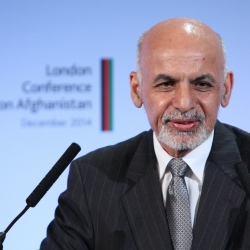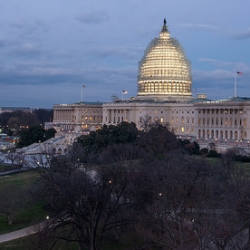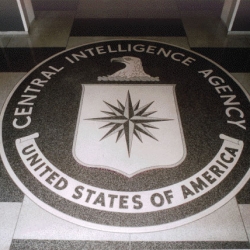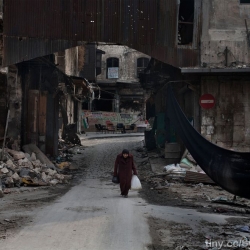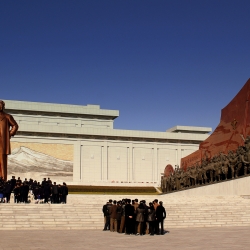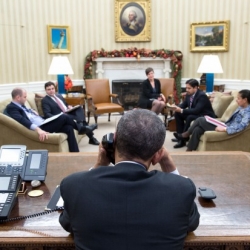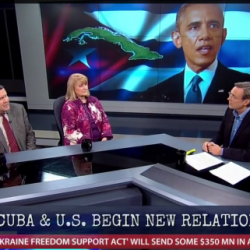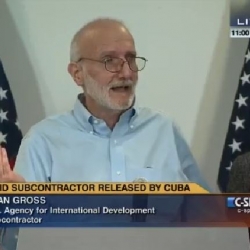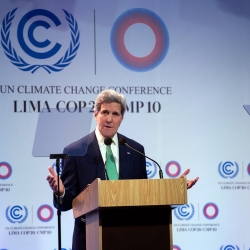Afghanistan at a Crossroads: Preserving Progress with International Support
Afghanistan at a Crossroads: Preserving Progress with International Support January 7, 2015 As the United States ends its combat mission in Afghanistan and President Ashraf Ghani concludes his first hundred days in office, there are reasons for cautious optimism about the country’s future as it enters a new phase of its history. President Obama’s strategic drawdown of forces in Afghanistan has ended the 13-year-long Operation Enduring Freedom while effectively preserving a U.S. security presence in the country and creating the strongest political ties with Kabul in years. Though Afghanistan’s government and people remain under constant threat, the country has made considerable gains in its development, political stability, and security. With continued international support, this progress can be consolidated and maintained. Afghan security can be preserved… Read More ›

